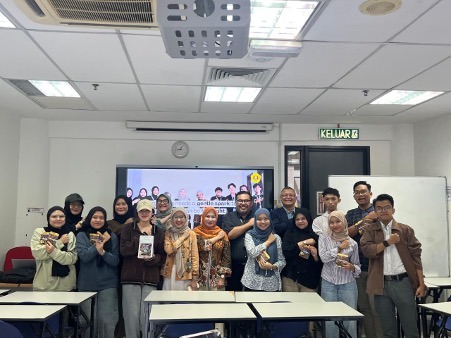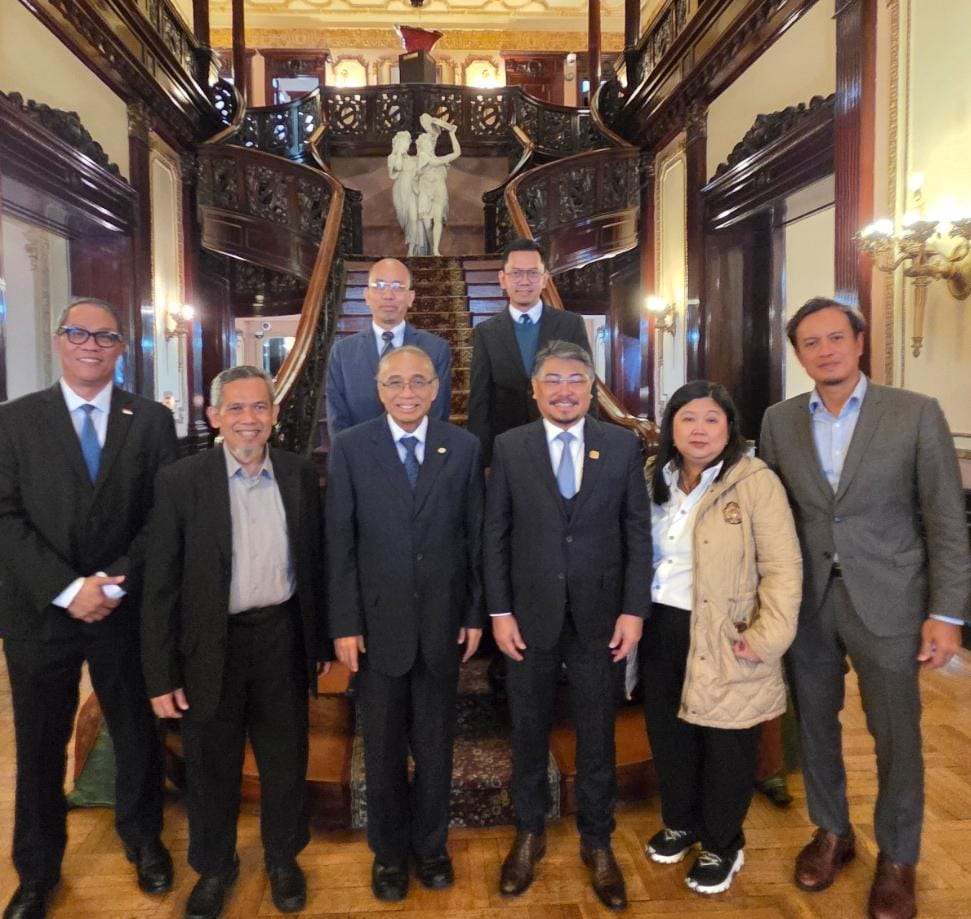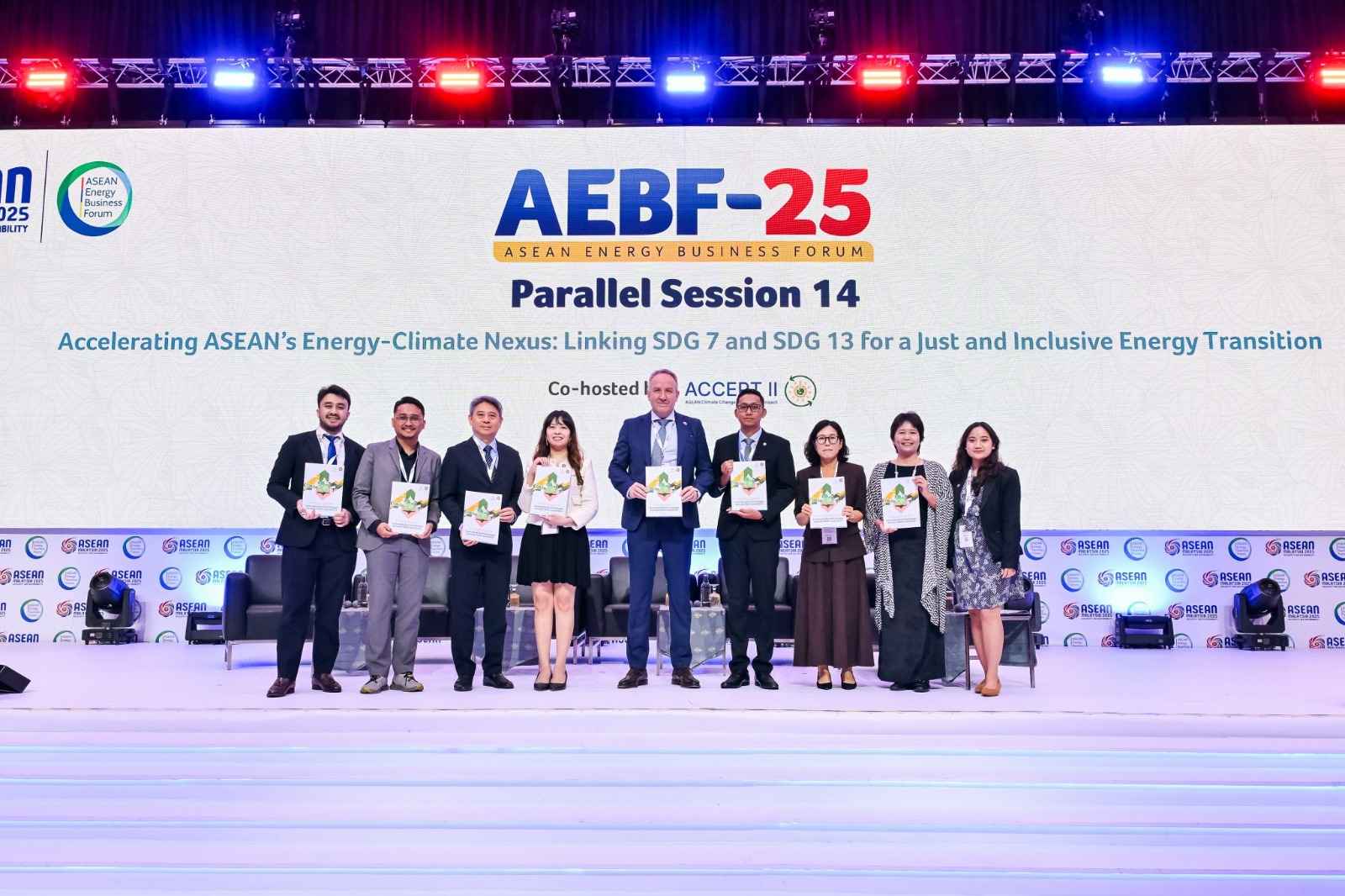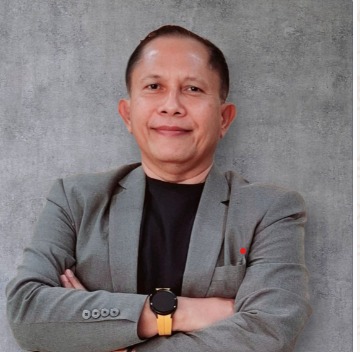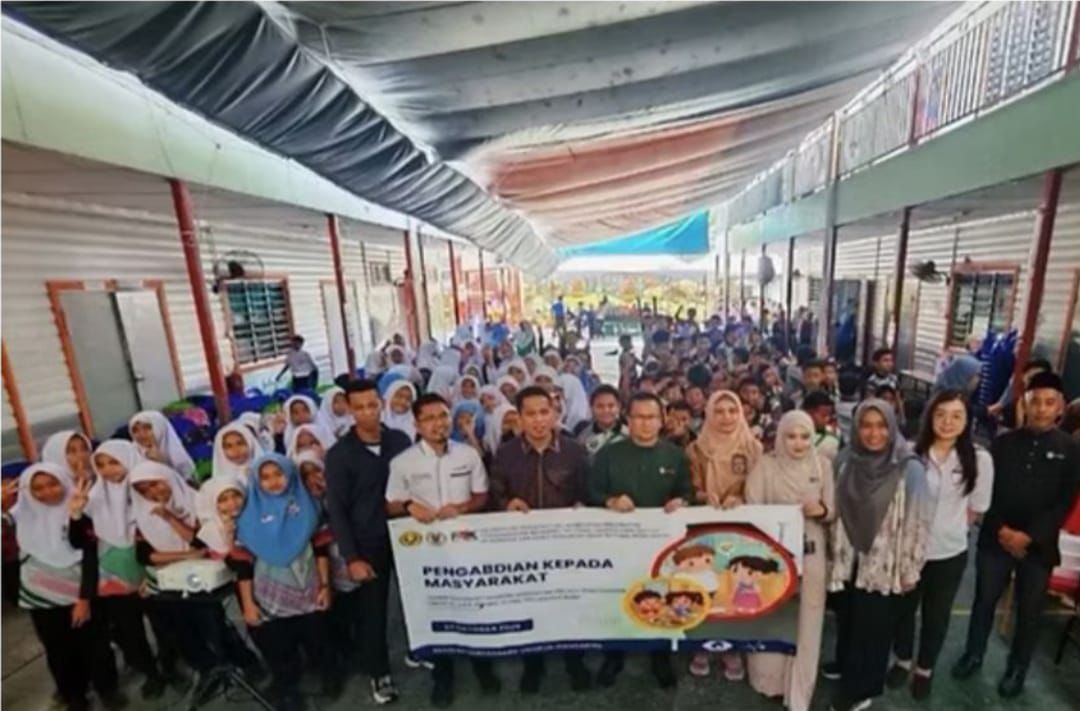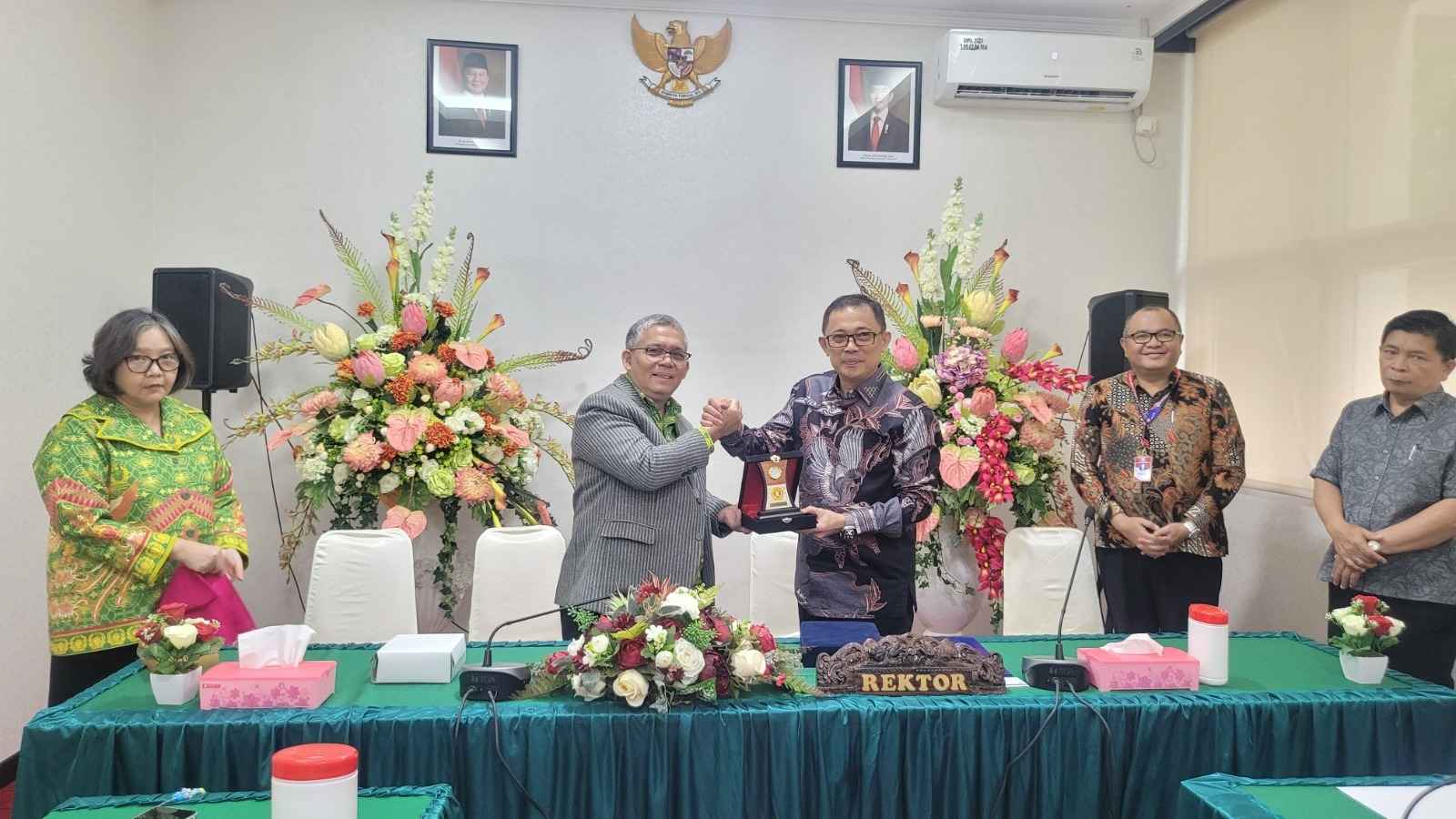Enviro News Asia, Jakarta — The “Aroma Cijantur” coffee downstreaming program initiated by Universitas Pembangunan Nasional “Veteran” Jakarta (UPNVJ) has successfully entered the Malaysian market in 2025. This milestone marks the outcome of a strategic collaboration between UPNVJ’s Faculty of Economics and Business and Universiti Kuala Lumpur (UniKL), demonstrating the tangible realization of a community-based local product downstreaming initiative.
The program originated from the 2024 Sustainable Village initiative, supported by an internal research and community service grant from UPNVJ’s Institute for Research and Community Service (LPPM). The project involved a team of faculty advisors — Dr. Jubaedah, SE, MM; Dr. Indri Arrafi Juliannisa, SE, ME; and Sarah Ghania, SPWK, ME — along with student representative Jodhy Farrel Budiman, Head of the Environmental Affairs Division of UPNVJ’s Student Executive Board (BEM).
The Aroma Cijantur program focuses on empowering the community of Cijantur Village in Rabak, Rumpin District, Bogor Regency, West Java. Through intensive mentoring, residents were guided to transition from raw coffee bean producers to entrepreneurs engaged in processing, packaging, and marketing high-value coffee products. UPNVJ’s support included skill development training, provision of roasting and grinding equipment, and brand development for Aroma Cijantur, which blends the distinct flavors of robusta and arabica beans from the highlands of West Java.
By 2025, the program had expanded internationally through promotions at academic events, entrepreneurship classes, and coffee shops across Malaysia. The Aroma Cijantur brand received a warm welcome from academics, industry players, and the public alike, praised for its distinctive taste and modern packaging. Digital marketing strategies were also employed to strengthen export market penetration, aligning with Indonesia’s national agenda for downstreaming key commodities.
Beyond its economic impact, the program fosters community independence and awareness of sustainable natural resource management. The collaboration between UPNVJ’s lecturers, students, and LPPM exemplifies how community engagement and student organization initiatives can become real drivers of local transformation.
“In the future, we aim to build a pentahelix collaboration, starting with UPNVJ BEM as an agent of change. Academic knowledge remains the key foundation for program sustainability,” said Jodhy Farrel Budiman, Head of the Environmental Affairs Division of BEM UPNVJ, in an interview with UPNVJ Public Relations. (www.upnvj.ac.id)




